What You’ll Learn About OEM Metal Fabrication
By reading this article, you will learn:
– The significance of outsourcing OEM metal fabrication and the specific requirements of OEM clients.
– Commonly used materials, precision manufacturing techniques, and quality control in OEM metal fabrication.
– Factors to consider when choosing the right precision sheet metal fabrication partner for OEM projects.
Are you looking to streamline production and create high-quality components? Then precision OEM metal fabrication is the key. OEM, or Original Equipment Manufacturer, involves manufacturing products or components that are purchased by a company and retailed under that purchasing company’s brand name. In the realm of metal fabrication, OEM involves the creation of custom metal parts and assemblies according to the specifications of the client. This article delves into the world of OEM metal fabrication, exploring its significance, processes, materials, and future trends.
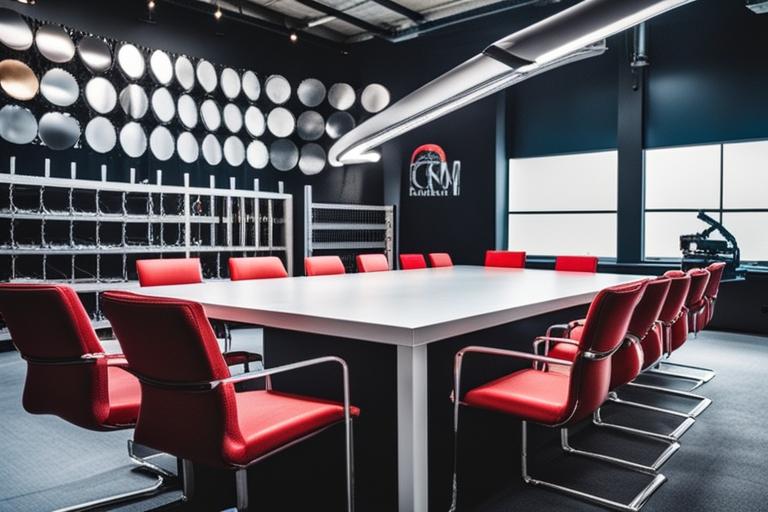
Understanding the Needs of OEM Clients
Meeting Specific Requirements and Expectations
OEM clients have distinctive needs that necessitate a tailored approach to metal fabrication. They often require components that are not readily available in the market or need customization to fit their specific applications. Understanding these unique requirements is crucial for delivering satisfactory results.
Importance of Precision, Quality, and Consistency
Precision, quality, and consistency are non-negotiable in OEM metal fabrication. The components produced must adhere strictly to the client’s specifications, exhibit exceptional quality, and demonstrate consistency across batches.
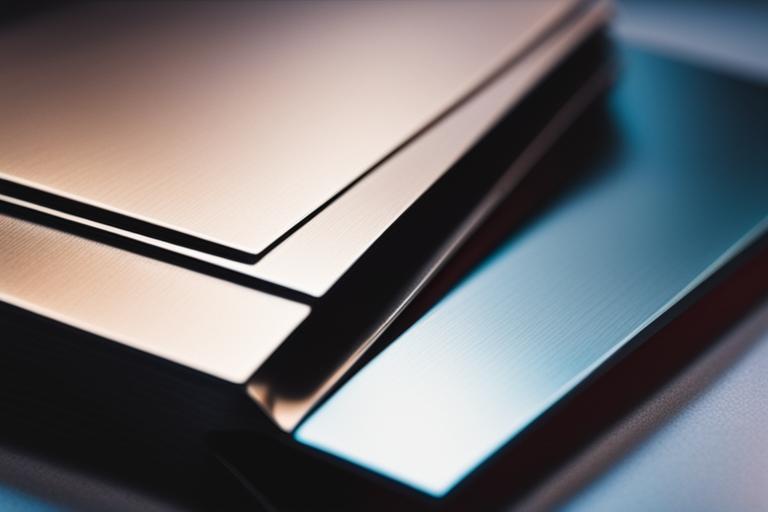
Materials Used in OEM Metal Fabrication
Commonly Used Materials
OEM metal fabrication encompasses a wide range of materials, including stainless steel, aluminum, carbon steel, and various alloys. These materials are selected based on the specific properties and characteristics required for the end product.
Properties and Characteristics of Materials
Each material used in OEM metal fabrication possesses unique properties that make it suitable for particular applications. For instance, stainless steel offers corrosion resistance, while aluminum is known for its lightweight and excellent strength-to-weight ratio.
| Material | Properties/Characteristics |
|---|---|
| Stainless Steel | Corrosion resistance, strength |
| Aluminum | Lightweight, excellent strength-to-weight ratio |
| Carbon Steel | High strength, good weldability |
| Various Alloys | Tailored properties for specific applications |
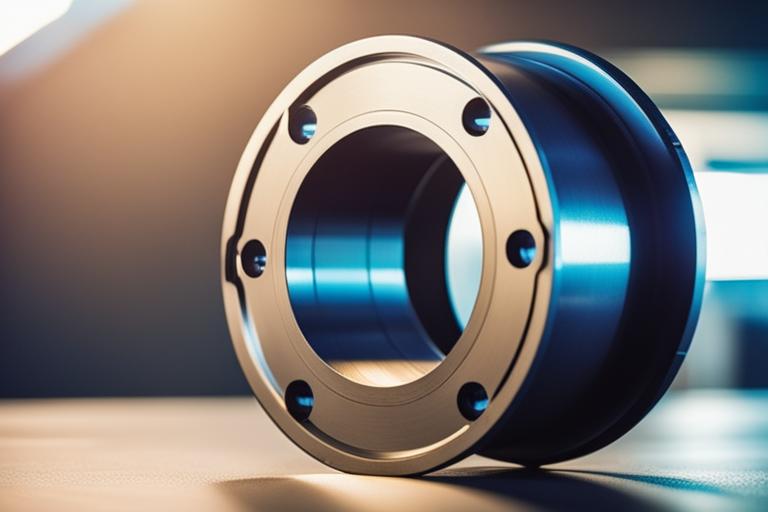
Design and Engineering Considerations in OEM Metal Fabrication
Collaboration between OEM Clients and Fabrication Experts
Collaboration between OEM clients and fabrication experts is crucial in the design phase to ensure that the intended functionality and performance are achieved. This involves clear communication, conceptualization of ideas, and iterative refinement of designs.
Addressing Specific Design Challenges
OEM metal fabrication often involves tackling intricate design challenges, such as complex geometries, tight tolerances, and the need for seamless integration with other components. Overcoming these challenges demands expertise and innovation.
Precision Manufacturing Techniques in OEM Metal Fabrication
Advanced Manufacturing Techniques
Precision OEM metal fabrication leverages advanced manufacturing techniques to achieve the desired outcomes. These techniques include laser cutting, CNC punching, forming, welding, and finishing processes, all geared towards ensuring precision and quality.
Processes in the Context of OEM Metal Fabrication
Laser cutting enables the precise shaping of metal sheets, while CNC punching allows for the creation of intricate patterns and holes. Forming techniques bend and shape the metal, welding joins components, and finishing processes enhance aesthetics and durability.
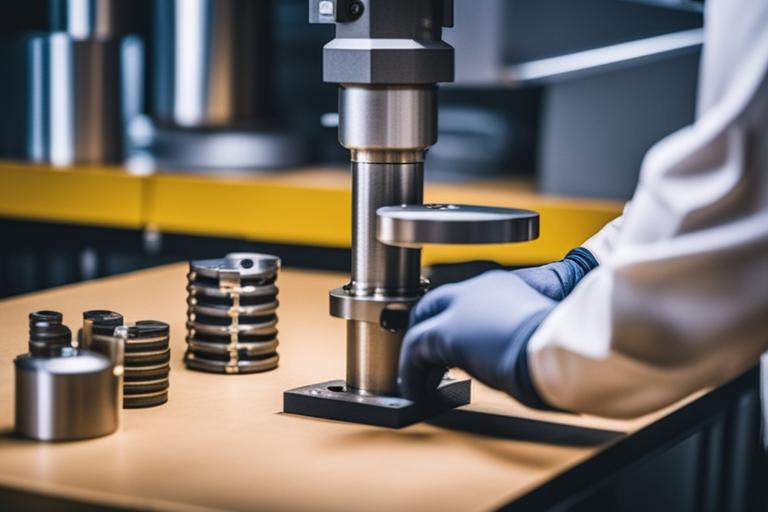
Quality Control and Compliance in OEM Metal Fabrication
Importance of Quality Control Measures
Stringent quality control measures are imperative in OEM metal fabrication to ascertain that the finished products meet the specified standards. This involves meticulous inspection, testing, and adherence to quality assurance protocols.
Compliance with Industry Standards and Regulations
OEM metal fabrication must adhere to industry-specific standards and regulations to guarantee the safety, reliability, and performance of the fabricated components. Compliance ensures the products meet regulatory requirements.
Customization and Flexibility in OEM Metal Fabrication
Accommodating Custom Requirements
The ability to accommodate custom requirements and unique specifications sets OEM metal fabrication apart. Flexibility in adapting to diverse client needs is fundamental for delivering tailored solutions.
Importance of Flexibility in Meeting Diverse Needs
Flexibility is a cornerstone of OEM metal fabrication, enabling manufacturers to pivot swiftly in response to evolving client demands. This agility fosters strong partnerships and drives innovation.
Case Studies and Success Stories in OEM Metal Fabrication
Highlighting Successful Projects
Real-world case studies showcase the successful application of OEM metal fabrication in delivering exceptional products. These case studies elucidate the impact of precision metal fabrication on diverse industries.
Showcasing Real-world Examples
By highlighting specific projects, the real-world impact of precision sheet metal fabrication in OEM applications becomes evident. These success stories underscore the value of tailored metal fabrication solutions.
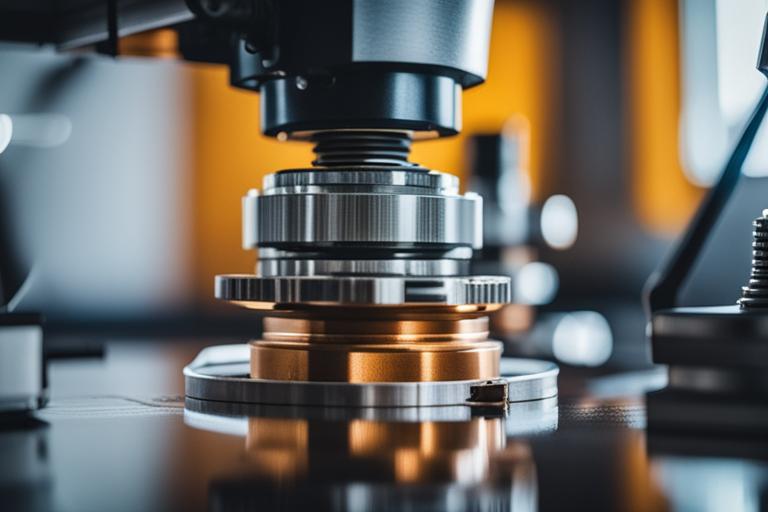
Future Trends and Innovations in OEM Metal Fabrication
Emerging Technologies and Trends
The landscape of OEM metal fabrication is continually evolving, driven by emerging technologies and innovative trends. Keeping abreast of these developments is crucial for staying competitive and meeting future demands.
Evolution of the Industry
The industry’s evolution is intrinsically linked to meeting the changing needs of OEM clients. Anticipating and adapting to these needs through innovation and technological advancements is imperative.
Choosing the Right OEM Metal Fabrication Partner
Factors to Consider
Selecting the right precision sheet metal fabrication partner for OEM projects involves considering factors such as expertise, capabilities, track record, and the ability to align with the client’s vision.
In conclusion, precision OEM metal fabrication is a critical aspect of manufacturing high-quality equipment and components. Understanding the unique needs of OEM clients, utilizing the right materials, employing advanced manufacturing techniques, ensuring quality control, and embracing flexibility are all key elements in delivering exceptional OEM metal fabrication solutions.
By incorporating specific examples and case studies, this article aims to provide a comprehensive understanding of OEM metal fabrication, offering insights into the practical application of these concepts. With a focus on continuous innovation and adaptation to emerging technologies, the future of OEM metal fabrication holds exciting possibilities for meeting the evolving needs of clients and driving industry advancement.
Questions & Answers
Q. What is OEM metal fabrication?
A. OEM metal fabrication is the process of producing custom metal parts for original equipment manufacturers.
Q. Who can benefit from precision sheet metal fabrication?
A. Manufacturers in industries such as aerospace, automotive, and electronics can benefit from precision sheet metal fabrication.
Q. How is precision sheet metal fabrication different from other methods?
A. Precision sheet metal fabrication involves cutting, bending, and assembling metal sheets with high accuracy and attention to detail.
Q. What are the advantages of choosing OEM metal fabrication?
A. OEM metal fabrication allows for custom designs, precise tolerances, and efficient production for specific equipment needs.
Q. How can I ensure the quality of precision sheet metal fabrication?
A. Look for a fabrication partner with a proven track record, certifications, and quality control processes in place.
Q. What if I have unique design requirements for OEM metal fabrication?
A. Experienced precision sheet metal fabricators can work with you to understand your unique design requirements and provide customized solutions.
